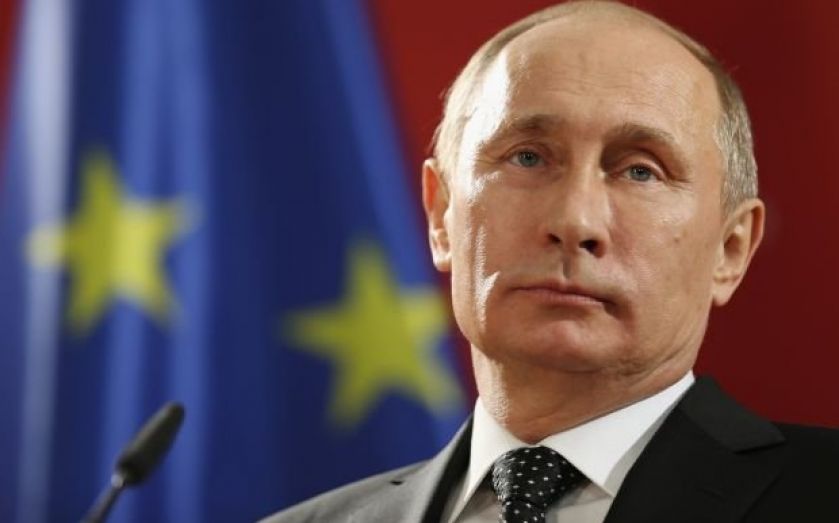Russia’s counter-sanctions: Used cars and clothes

The new EU sanctions to be levelled at Russia from this morning will be harsh.
They will further restrict Russian oil firms such as Rosneft, Transneft and Gazprom from borrowing or raising capital on the EU markets. This is a big deal for the Russian companies, with Rosneft already having gone cap in hand to the Kremlin as a result of the punitive measures.
The EU sanctions will also stop EU energy companies from engaging in advanced exploration projects in Russia.
What is Putin's response? To restrict imports of clothing and used cars to Russia. Andrei Belousov, and economic aide to Putin, told RIA Novosti, a state-owned news agency:
There are a number of consumer goods where our European partners are more dependent on Russia than Russia is on them. This includes, for example, car imports, particularly used cars, and also certain types of light manufacturing goods that we can produce ourselves; not all, but certain types, of clothes.
The Russian car market is predominantly made up of new Western cars (31 per cent of the market) and Russian cars assembled by foreign companies inside Russia (50 per cent), neither of which are likely to be affected.
Quartz quotes PriceWaterhouseCoopers as saying 5.6m used cars were bought by Russians, more than twice the 2.6m new vehicles purchased in the same period.
It is highly possible, however, that the sanctions have a secondary motive: more Russian cars on the road and better economic self-sufficiency.